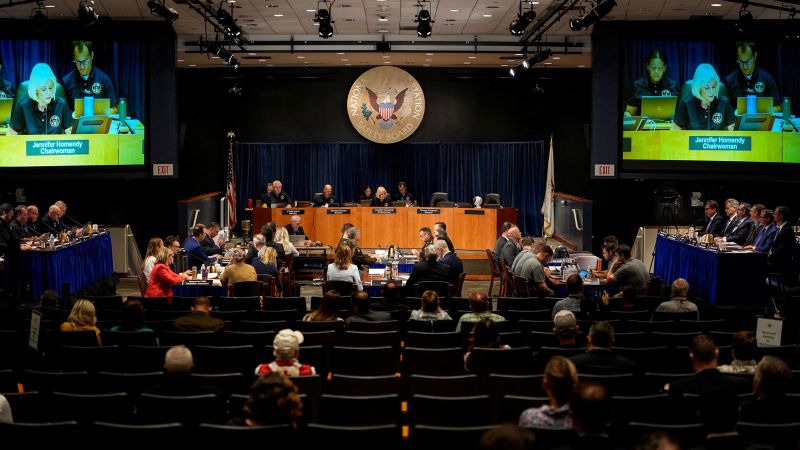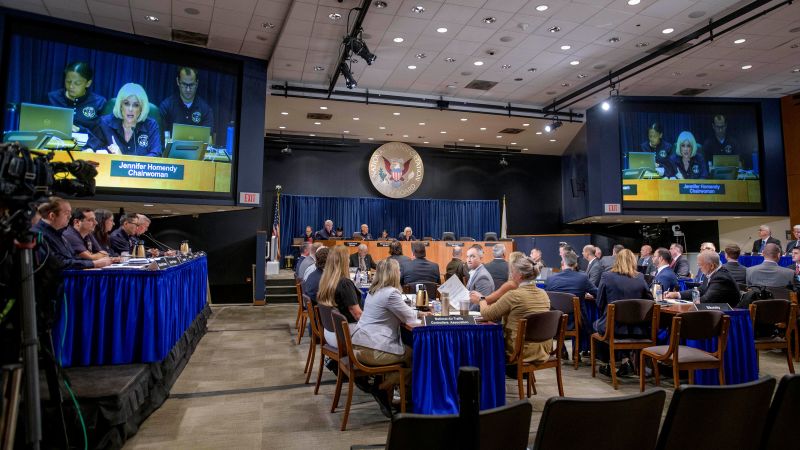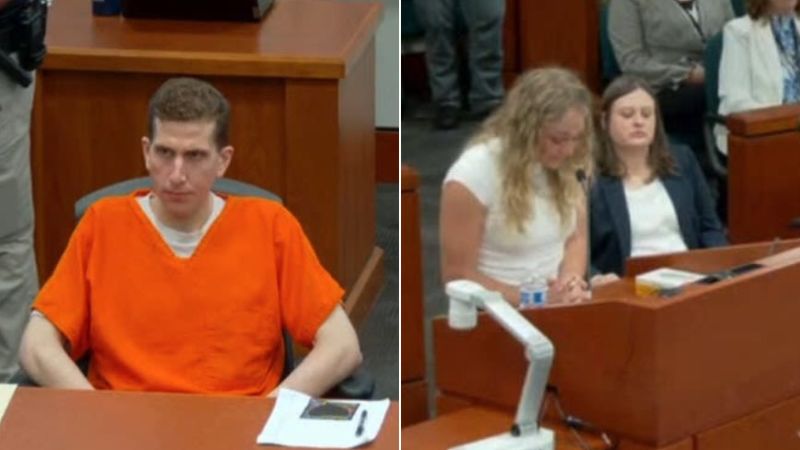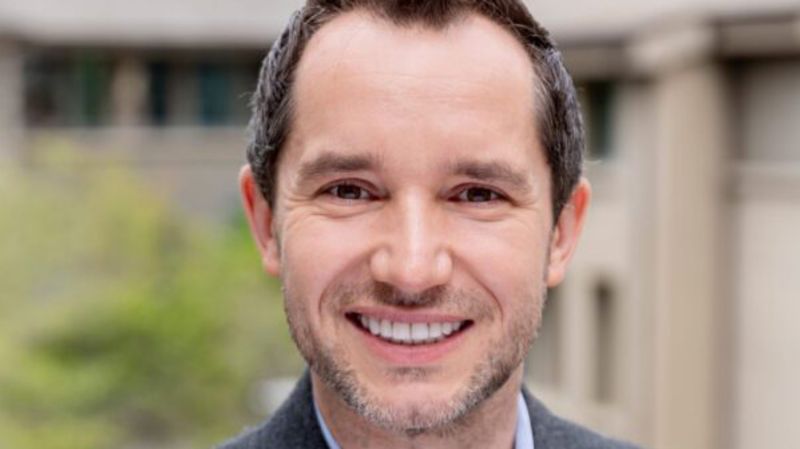
NTSB Investigates Collision Avoidance Technology and Safety Systems
Politics | 8/1/2025
The National Transportation Safety Board (NTSB) delved into inquiries regarding collision avoidance technology and safety systems on the concluding day of investigative hearings. The focus was on examining organizational protocols for risk management following the midair collision involving a US Army Black Hawk helicopter and an American Airlines regional jet operated by PSA Airlines that occurred in January. Witnesses were questioned on Friday by the NTSB as part of their thorough examination of the incident.
The hearings aimed to shed light on the effectiveness of collision avoidance technology in preventing such incidents and the operational procedures in place to ensure aviation safety. Experts and stakeholders provided insights on the role of advanced safety systems and the need for robust risk management frameworks within the aviation industry. The discussion centered on identifying potential improvements and addressing any shortcomings in existing safety protocols.
Throughout the hearings, the NTSB emphasized the significance of evaluating and enhancing collision avoidance technologies to mitigate the risk of midair collisions. The investigation sought to uncover any lapses in safety measures and organizational practices that may have contributed to the tragic incident. The testimonies and evidence presented during the hearings will be crucial in shaping future safety recommendations and regulatory measures in the aviation sector.
In a statement following the hearings, a spokesperson highlighted the NTSB’s commitment to thorough and impartial investigations to enhance aviation safety standards. The agency reiterated its dedication to identifying key areas for improvement in collision avoidance technology and safety management systems to prevent similar accidents in the future. The NTSB will continue its analysis of the findings from the hearings to develop comprehensive recommendations aimed at further safeguarding air travel.


